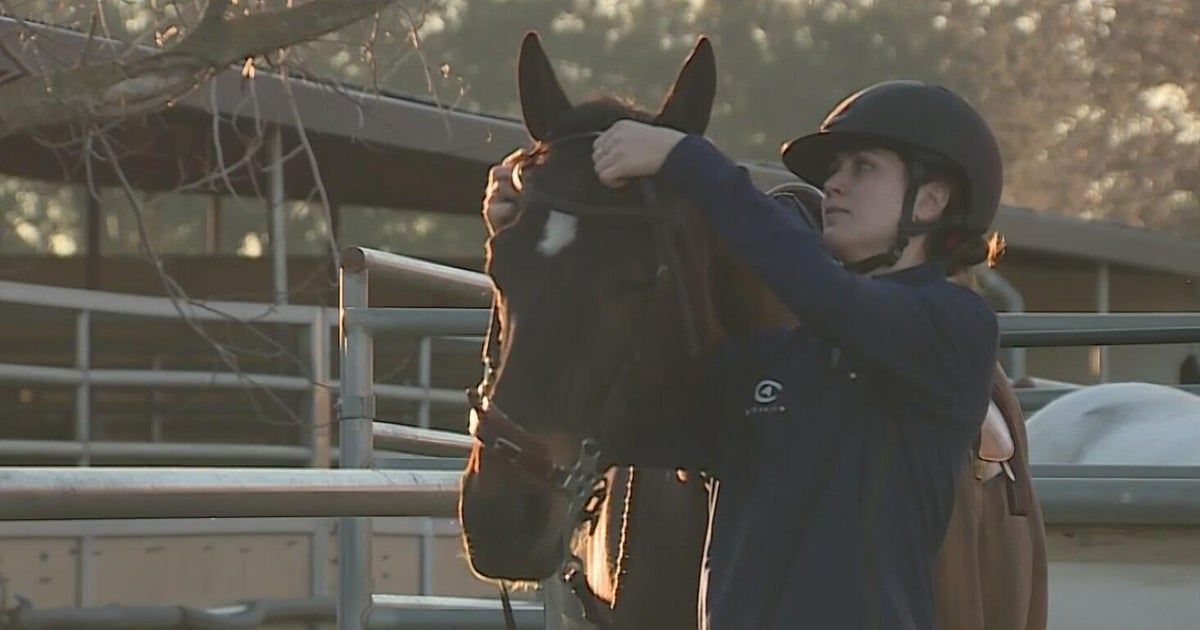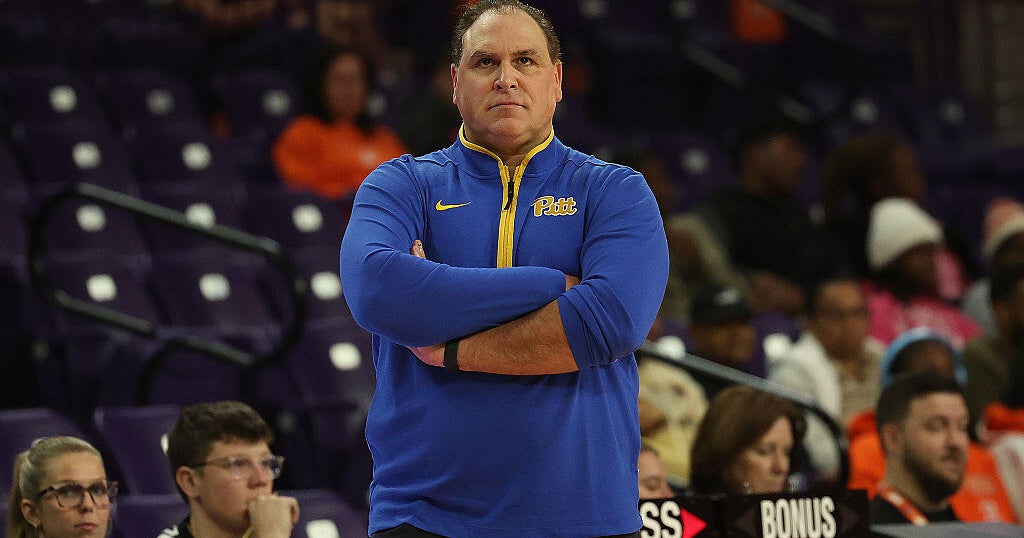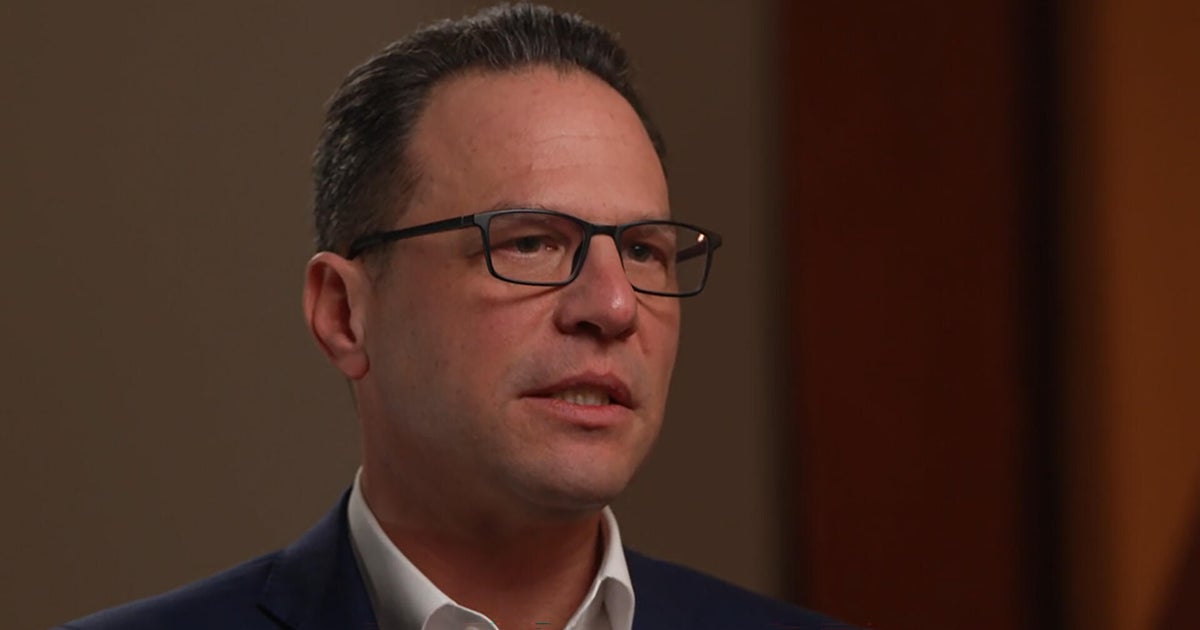Yahoo's $17M for Chinese dissidents went elsewhere
Yahoo (YHOO) squandered millions to fund a Chinese human rights organization that failed to channel the money to dissidents in China. Instead, the group used the funds for itself and its founder, according to a lawsuit filed Monday.
Filed on behalf of eight dissidents living in China who served time in prison for their political activities, the suit contends that the internet portal gave $17.3 million to the Washington, D.C.-based Laogai Research Foundation to distribute to jailed dissidents and their families. But only $700,000, or about 4 percent of the total Yahoo grant, reached its intended beneficiaries. The lawsuit charges that the rest of the money stayed in the U.S. and went to pay for Laogai’s salaries, real estate and legal bills.
The lawsuit is yet another embarrassing episode for Yahoo, whose takeover by Verizon Communications (VZ) has run into trouble because of two major hacks, which exposed personal information about more than 1 billion Yahoo users. When news about the breaches surfaced recently, it resulted in delaying the deal’s closing -- now expected in June -- and forced a 7 percent purchase price reduction, to $4.48 billion.
In the wake of the breach revelation, Yahoo CEO Marissa Meyer announced she would forego her equity bonus for 2017 and her cash bonus for last year, although a regulatory filing indicated she would be due $23 million upon her departure from the company, which is fairly certain to happen. When Yahoo is folded into Verizon’s AOL internet service, the combined entity will be called Oath.
Yahoo declined to comment on the lawsuit, and Laogai couldn’t be reached.
The allegations against Laogai stemmed from a previous Yahoo snafu, in which the tech giant was accused of handing over information to Beijing on Chinese users who had angered the regime. In 2007, Yahoo’s then-chief executive, Jerry Yang, was grilled before a U.S. congressional committee for surrendering the information.
As a result, Yahoo gave $17.3 million to Laogai and its chief, Harry Wu, who had spent nearly two decades imprisoned in China. Hu, who came to the U.S. in 1985 and died last year, founded Laogai, which has a website and a small museum about Chinese human right violations. The lawsuit said Yahoo had the duty to ensure that the money got used correctly, but that it did not oversee Hu’s activities.
Rather, Hu used the funds to buy two properties in Washington, D.C., for Laogai’s use and to increase his family income, giving himself and his wife big raises at the foundation and garnering more than $1 million, the lawsuit said. Some of it went to his wife, who the lawsuit says had a no-show job.
The suit also alleges that Hu tapped the Yahoo money to pay legal bills associated with cases involving sexual harassment, misuse of federal grants and for another action where intended beneficiaries had sued.
Yahoo executives responsible for overseeing the funds didn’t do their duty, “willfully turning a blind eye” to Wu’s financial improprieties, which amounted to diverting $13 million for his use, the lawsuit said. The legal action, which Cohen Milstein Sellers & Toll is mounting in U.S. District Court in Washington, seeks the return of the money from Laogai, the full funding of the trust set up for dissidents and a commitment that all of it must go to them.
In a New York Times interview two weeks before his death, Hu complained that his group couldn’t gain Chinese visas to confirm that aid applicants were bona fide, and he added that some were lying. The word Laogai refers to the Chinese network of forced-labor prison camps.
Hu opened his foundation in 1992 and gave riveting testimony on Capitol Hill about the horrors he endured as a prisoner. The foundation campaigned against China’s forced organ donations and population control measures, among other human right violations. Hu died in April 2016 at 79 while on vacation in Honduras.



